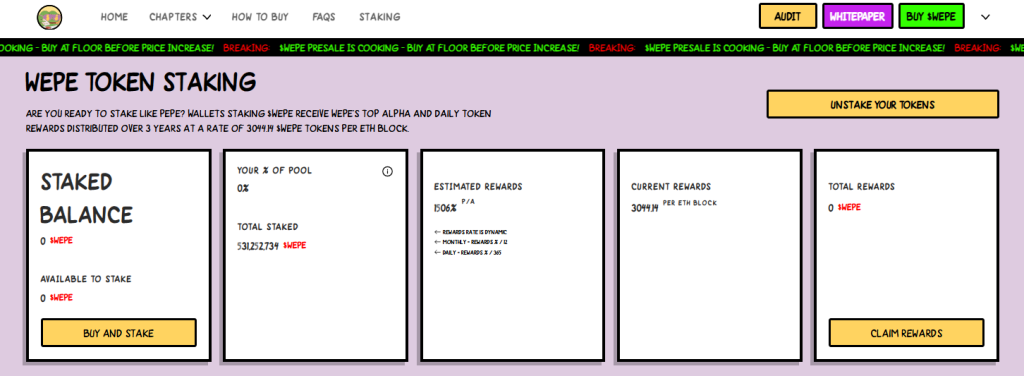Last updated:
 Why Trust Cryptonews
Why Trust Cryptonews

Morocco is preparing a new law to regulate cryptocurrencies, signaling a potential end to the ban that has been in place since 2017.
According to a Reuters report on Tuesday, Abdellatif Jouahri, governor of Morocco’s central bank, Bank Al Maghrib, announced at an international conference in Rabat that the institution is also exploring the potential of a central bank digital currency (CBDC).
Morocco to Lift Crypto Ban and Explore CBDC
The proposed law seeks to create a regulatory framework for integrating cryptocurrencies into Morocco’s financial system.
Despite the ban on crypto since 2017, usage has continued through unofficial channels.
“The bank has prepared a draft law regulating crypto assets, which is currently in the adoption process,” Jouahri said at the conference.
He also emphasized the central bank’s interest in leveraging CBDCs to modernize Morocco’s financial systems, signaling an alignment with global efforts to adopt digital currencies.
“Regarding central bank digital currencies, and like many countries around the world, we are exploring to what extent this new form of currency could contribute to achieving certain public policy objectives, particularly in terms of financial inclusion,” Jouahri added.
Norwegian Task Force Urges Caution on CBDC
While Morocco advances its regulatory framework, cautious approaches toward CBDCs can be seen elsewhere.
For example, a Norwegian government-appointed task force recently advised against the immediate rollout of a CBDC, citing no urgent need for financial inclusion or emergency preparedness.
The group emphasized the importance of laying a regulatory foundation for potential future implementation.
The task force suggested that cash usage in Norway is among the lowest globally, with only 2% of respondents in a recent survey using cash for their most recent in-person payment.
Despite this trend, cash is still seen as a critical element for secure and inclusive payment systems.
As part of their recommendations, the committee stressed the need for updated regulations to ensure digital payment systems remain robust and accessible to all.
While the group does not currently view a CBDC as necessary, it acknowledged that a digital currency could become an important tool for addressing financial inclusion, privacy, and emergency preparedness in the future.





